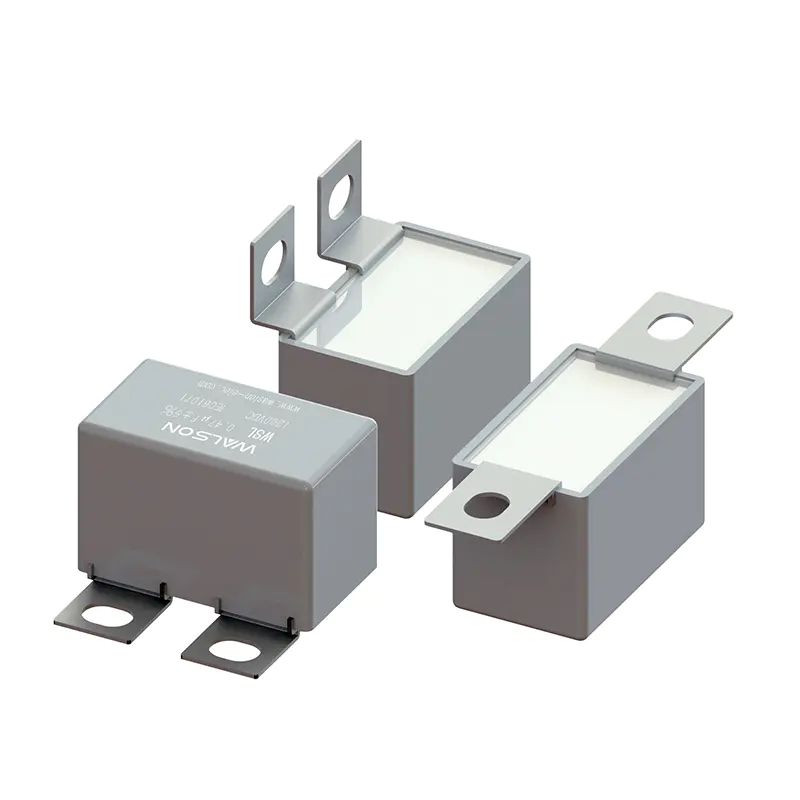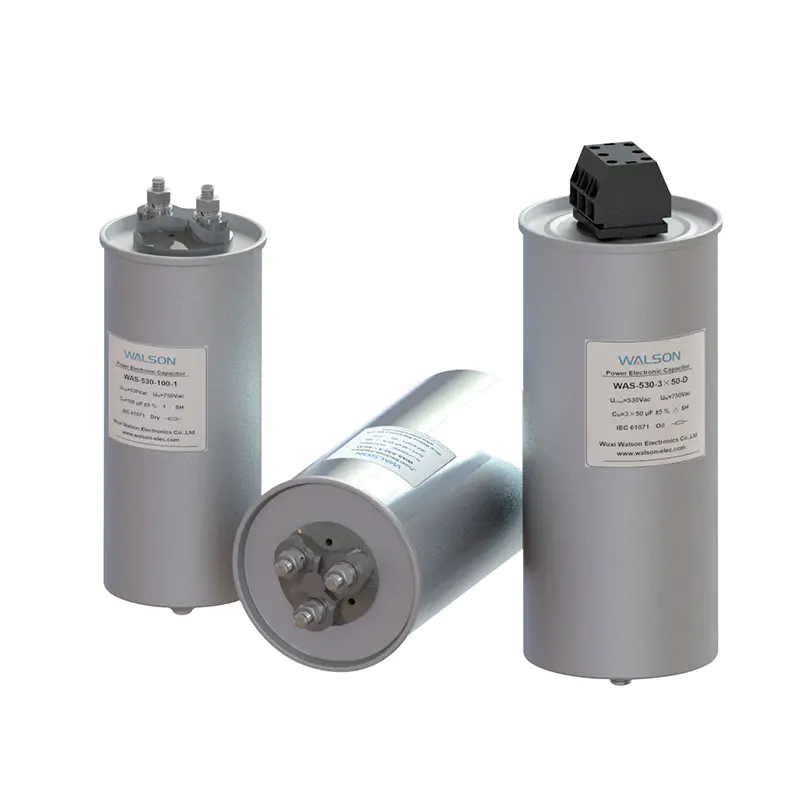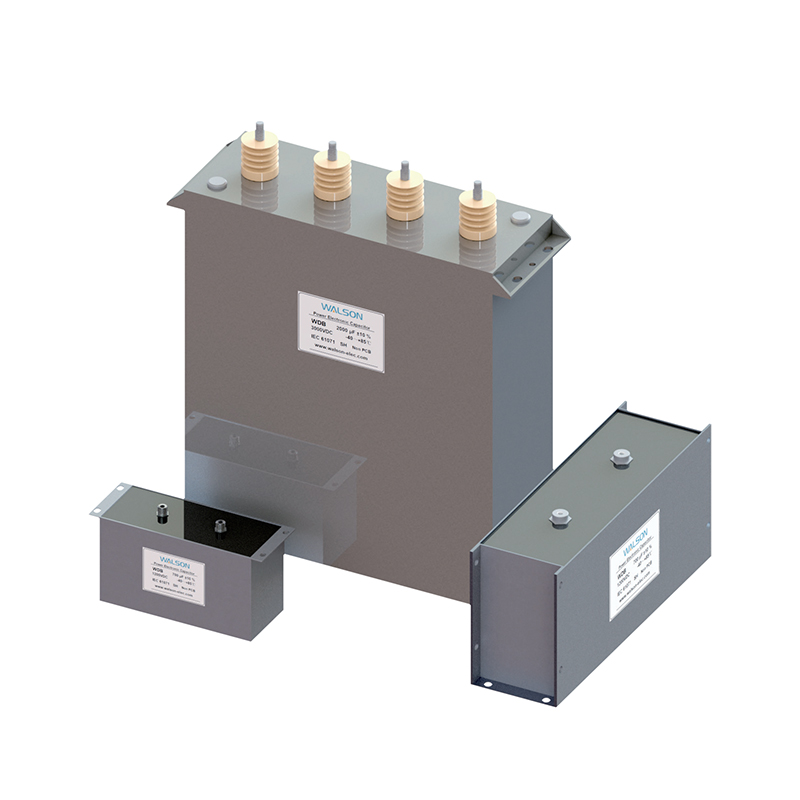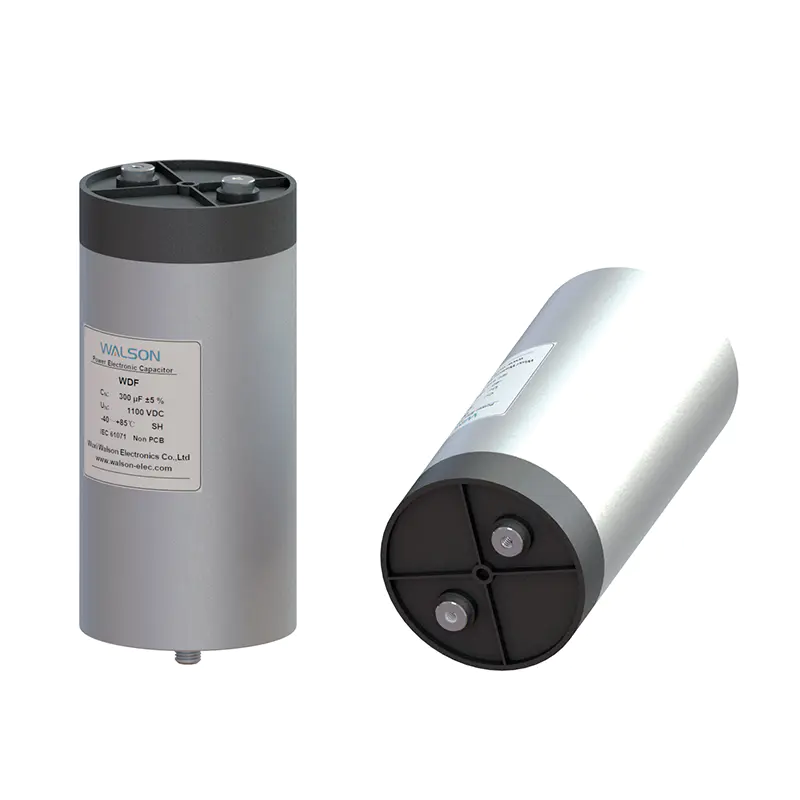- Home
- Products
- Applications
- Capacitors for Household Appliances
- Capacitors for Power Supply
- Capacitors for LED Lighting
- Capacitors for Mobile And DSL Appliances
- Capacitors for Automotive& Vehicles
- Capacitors for Photovoltaic Inverters
- Capacitors for Wind Power Plants
- Capacitors for Renewable Energy Systems
- Capacitors for Induction Heating
- Capacitors for Medical Equipments
- Capacitors for Industrial Control
- Capacitors for Power Electric
- Capacitors for Rail Transit
- Capacitors for Smart Grid
- Capacitors for University & Research Instituite (High Energy Physics)
- About Us
- News
- Contact Us
-
- Capacitors for Household Appliances
- Capacitors for Power Supply
- Capacitors for LED Lighting
- Capacitors for Mobile And DSL Appliances
- Capacitors for Automotive& Vehicles
- Capacitors for Photovoltaic Inverters
- Capacitors for Wind Power Plants
- Capacitors for Renewable Energy Systems
- Capacitors for Induction Heating
- Capacitors for Medical Equipments
- Capacitors for Industrial Control
- Capacitors for Power Electric
- Capacitors for Rail Transit
- Capacitors for Smart Grid
- Capacitors for University & Research Instituite (High Energy Physics)
Web Menu
- Home
- Products
- Applications
- Capacitors for Household Appliances
- Capacitors for Power Supply
- Capacitors for LED Lighting
- Capacitors for Mobile And DSL Appliances
- Capacitors for Automotive& Vehicles
- Capacitors for Photovoltaic Inverters
- Capacitors for Wind Power Plants
- Capacitors for Renewable Energy Systems
- Capacitors for Induction Heating
- Capacitors for Medical Equipments
- Capacitors for Industrial Control
- Capacitors for Power Electric
- Capacitors for Rail Transit
- Capacitors for Smart Grid
- Capacitors for University & Research Instituite (High Energy Physics)
- About Us
- News
- Contact Us
Product Search
Exit Menu
What Drives the Longevity of UPS AC Capacitor in Power Backup Systems?
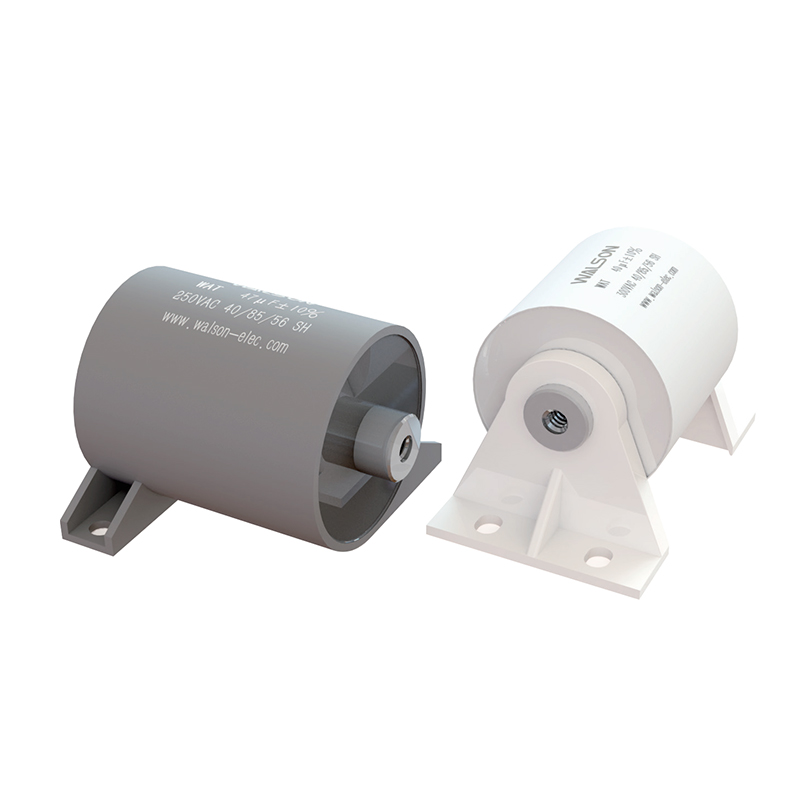
What Drives the Longevity of UPS AC Capacitor in Power Backup Systems?
In the evolving field of uninterrupted power supply, the UPS AC capacitor has become a critical component influencing both reliability and performance. Among its many characteristics, life expectancy remains one of the decisive factors for industries and professionals who rely on stable power backup systems. Understanding how the lifespan of this capacitor is defined, maintained, and optimized provides valuable insights into the future of UPS technology and its application in power-critical environments.
The Central Role of UPS AC Capacitor
The UPS AC capacitor functions as an energy stabilizer, designed to smooth voltage fluctuations and ensure seamless performance of the power backup system. Its presence within the UPS circuit is not only about energy storage but also about regulating power quality under varying load conditions. Unlike passive elements, the capacitor directly impacts the duration of reliable operation, meaning that its condition and endurance dictate the overall dependability of the UPS system.
Why Capacitor Life Expectancy Matters
The life expectancy of a UPS capacitor determines the maintenance cycle, replacement schedule, and overall system uptime. A longer lifespan reduces service interruptions, minimizes replacement costs, and contributes to operational stability. Industries dependent on consistent energy flow cannot afford unpredictable failures, making the monitoring of capacitor longevity a matter of both technical and strategic importance.
In addition, the capacitor’s durability is closely tied to thermal stress, ripple current exposure, and environmental operating conditions. Any deviation in these factors accelerates degradation, directly affecting system performance.
Factors Influencing UPS AC Capacitor Longevity
Several conditions dictate how long an AC capacitor in UPS systems can serve effectively:
Operating Temperature – Elevated heat accelerates the wear of capacitor materials. Proper ventilation and cooling systems play a direct role in slowing down this process.
Electrical Stress – Ripple currents and voltage fluctuations put additional strain on capacitor components, shortening their effective life.
Material Design – The internal dielectric and construction quality determine resistance to long-term stress.
Maintenance Practices – Regular inspections and predictive testing extend usage time by identifying potential failures before they occur.
UPS Capacitor Maintenance and Testing
Routine monitoring ensures that the UPS capacitor functions within safe limits. Testing procedures include capacitance measurement, equivalent series resistance (ESR) analysis, and thermal inspection. Each diagnostic method offers early warning indicators of possible deterioration, allowing timely intervention.
| Maintenance Focus Area | Description | Impact on Life Expectancy |
|---|---|---|
| Capacitance Measurement | Monitors charge storage ability over time | Detects gradual reduction in energy handling |
| ESR Analysis | Evaluates internal resistance of the capacitor | Identifies increasing inefficiency |
| Thermal Performance Check | Tracks overheating during heavy load conditions | Prevents thermal-driven degradation |
| Visual Inspection | Identifies swelling or leakage on the capacitor body | Highlights mechanical wear |
| Scheduled Replacement Cycle | Defines fixed interval for capacitor change | Prevents sudden system downtime |
Identifying UPS Capacitor Failure Symptoms
Despite proper design, failures occur when capacitors are stressed beyond tolerance. Early detection is vital. Common signs of UPS capacitor failure include irregular system shutdowns, increased heat output, or visible swelling of capacitor components. These indicators act as triggers for immediate maintenance actions.
In technical environments, recognizing these failure symptoms allows operators to pre-empt power interruptions. This is especially critical in power backup systems, where operational reliability is linked to sensitive applications.
Technical Considerations for UPS Capacitor Selection
When designing or upgrading a UPS system, the selection of the AC capacitor requires careful assessment of operating conditions. Key considerations include:
Rated Voltage: Capacitors must withstand continuous and peak operating voltages.
Capacitance Value: Proper sizing ensures stable energy storage and delivery.
Thermal Stability: The ability to resist prolonged exposure to elevated temperatures.
Ripple Current Capacity: Determines tolerance to fluctuating electrical loads.
These parameters directly shape both system performance and component longevity. A mismatched selection increases the risk of premature replacement and system inefficiency.
The Industry’s Shift Toward Predictive Maintenance
In recent years, predictive maintenance has become the focal point for managing UPS capacitor life expectancy. Unlike traditional scheduled replacement, predictive approaches rely on real-time monitoring and diagnostic tools. This method ensures capacitors are only replaced when performance indicators suggest imminent degradation.
Such an approach minimizes waste, optimizes costs, and extends operational continuity. By integrating predictive testing into power backup systems, industries gain greater control over both performance and reliability.
Future Outlook on UPS Capacitor Life Extension
Technological advancements in dielectric materials, manufacturing processes, and thermal management are expected to further improve UPS AC capacitor durability. As systems evolve toward higher energy densities and compact designs, capacitors must adapt with stronger resistance to stress factors.
The growing emphasis on sustainable operations also influences capacitor development. Longer life expectancy reduces electronic waste and aligns with broader environmental initiatives, making capacitor design a critical element in future power infrastructure.
Conclusion
The UPS AC capacitor, while often considered a standard element, holds immense influence over the longevity and performance of backup systems. Focusing on its life expectancy reveals the intricate balance between material science, electrical engineering, and maintenance strategies. For industries reliant on uninterrupted power, the capacitor’s lifespan is more than a technical parameter—it is a determining factor of reliability and operational assurance.

 简体中文
简体中文 English
English Español
Español